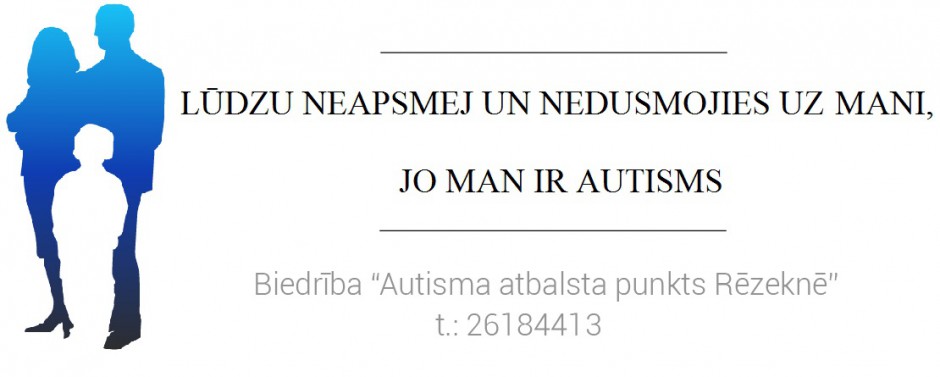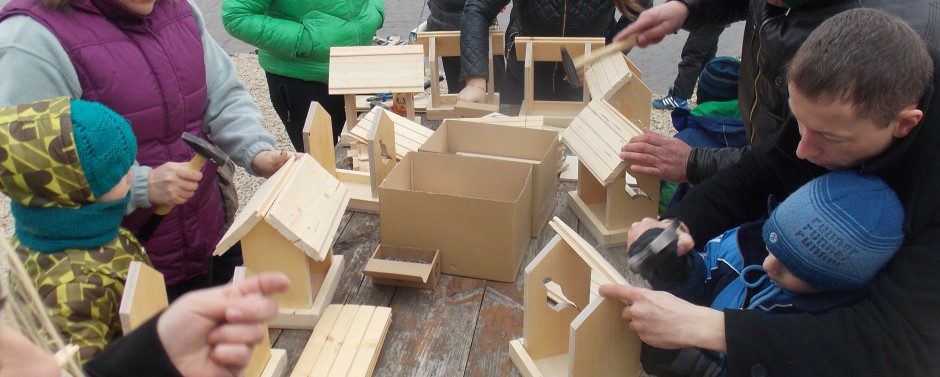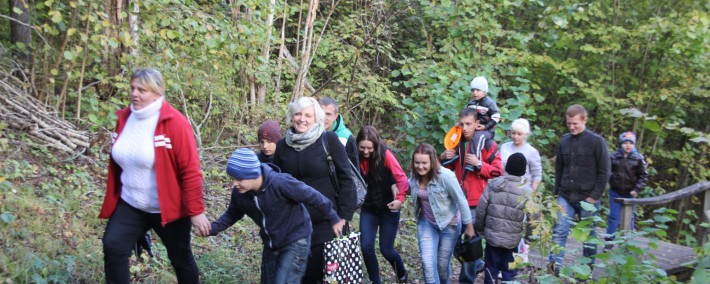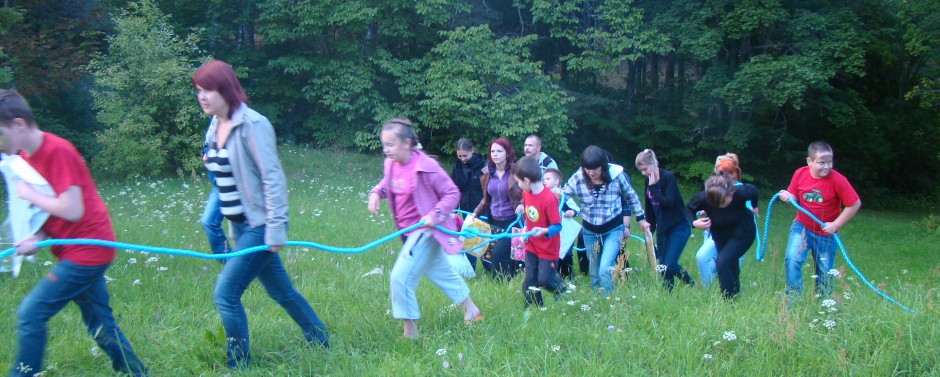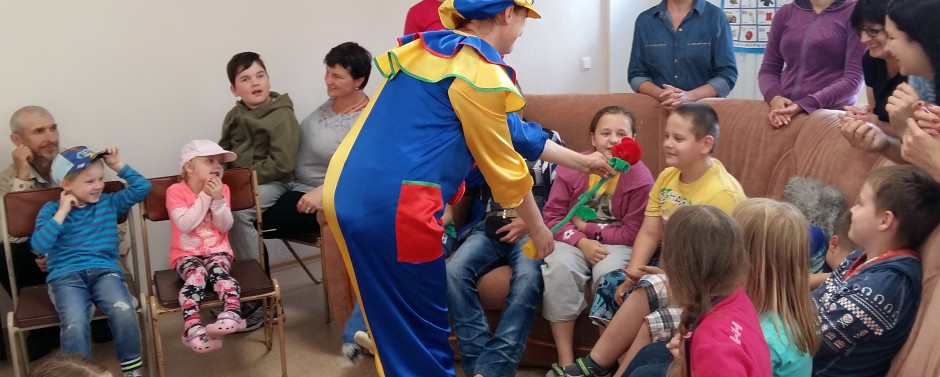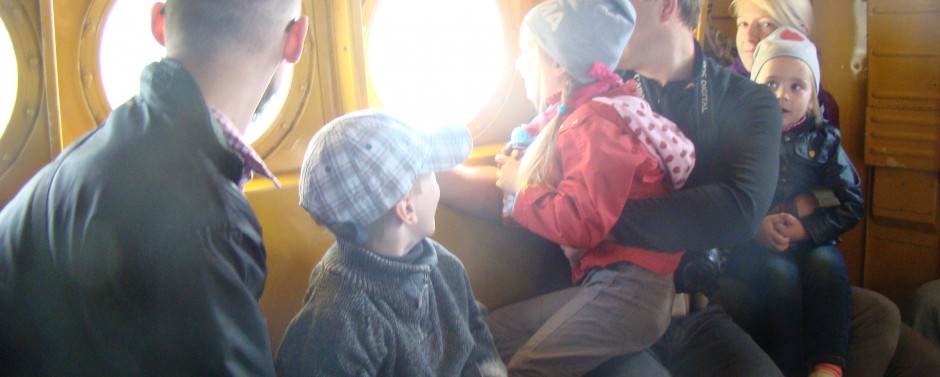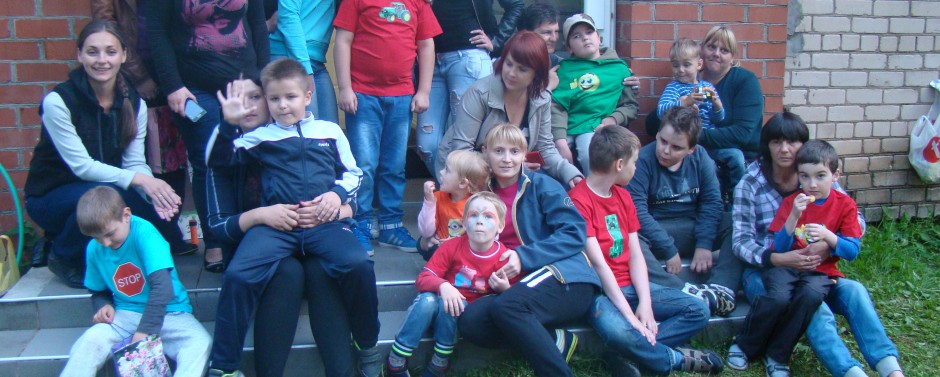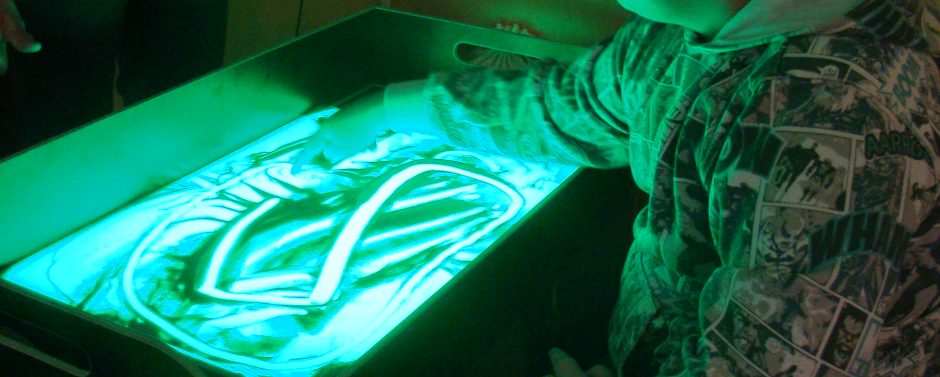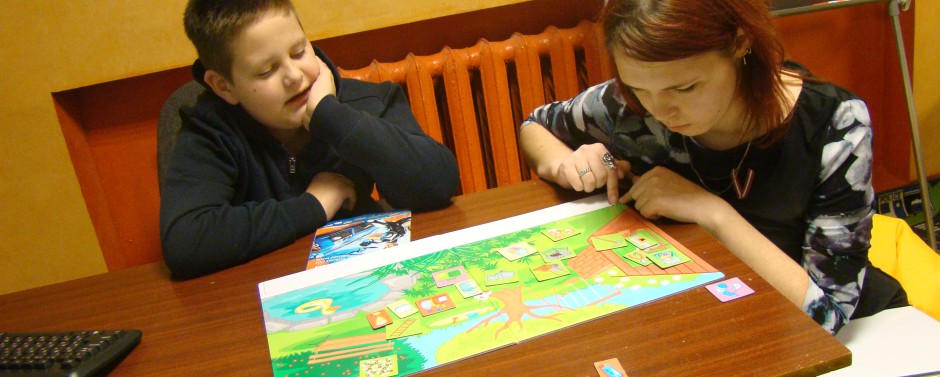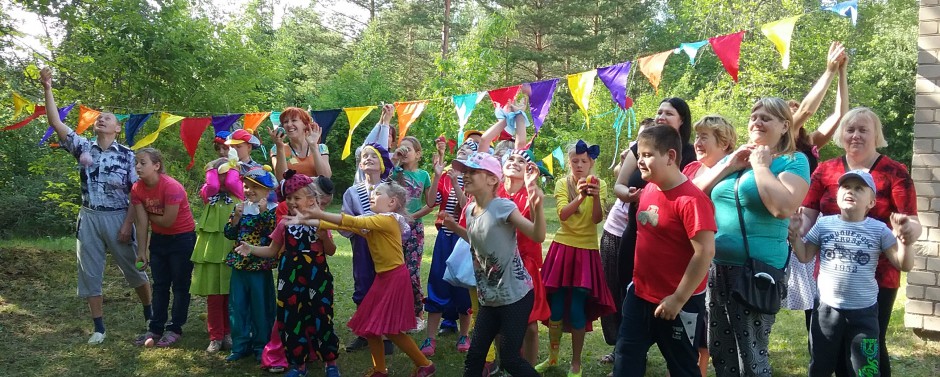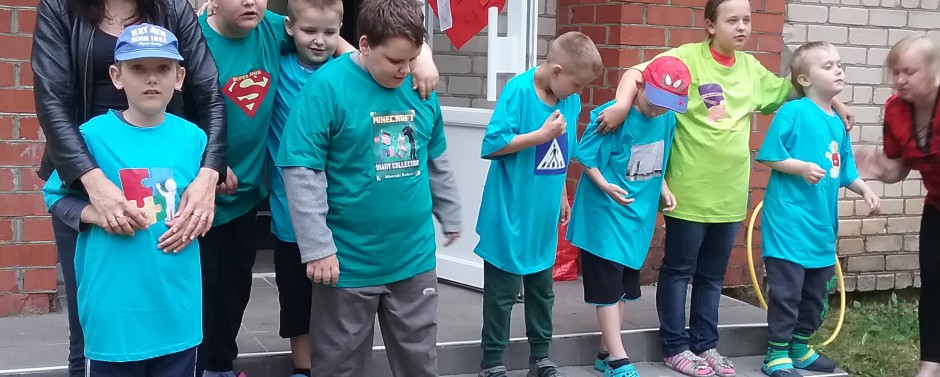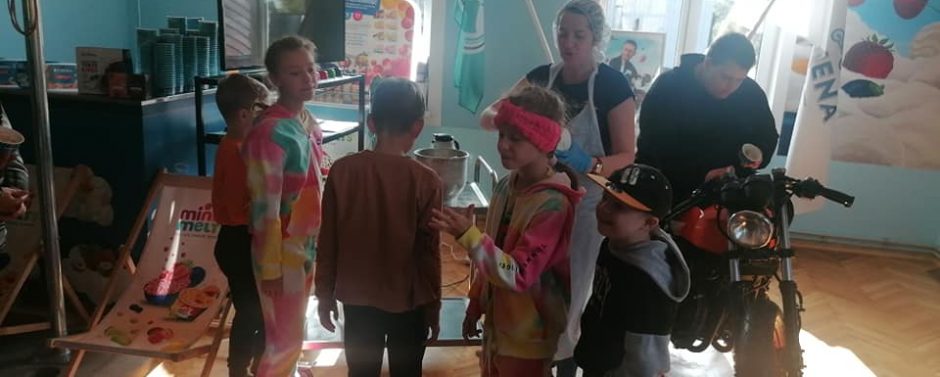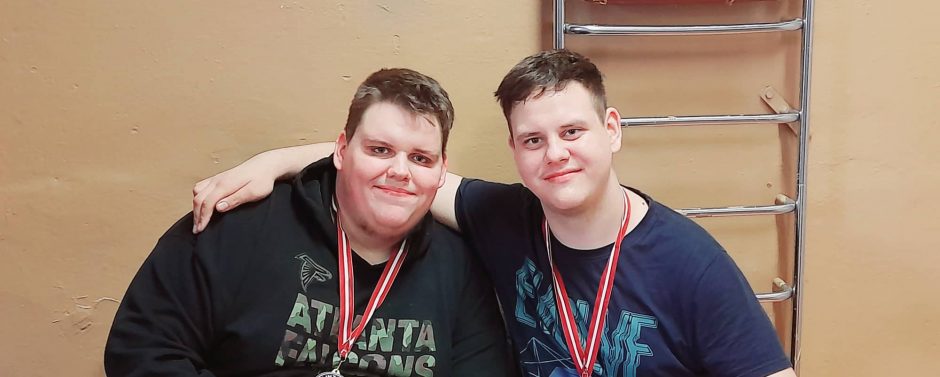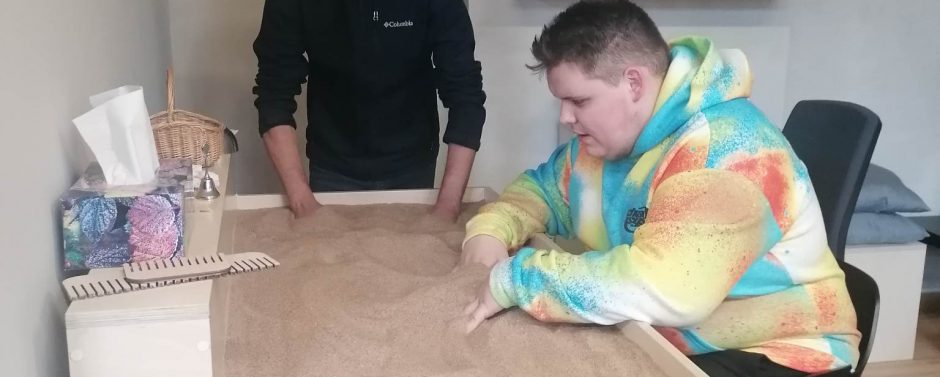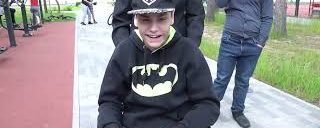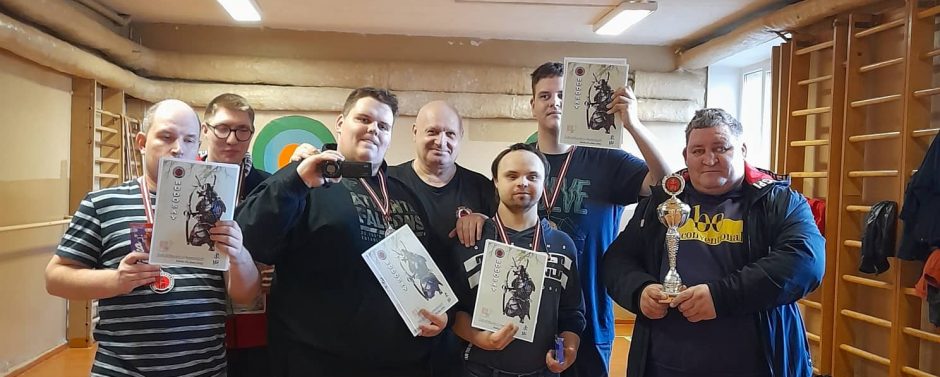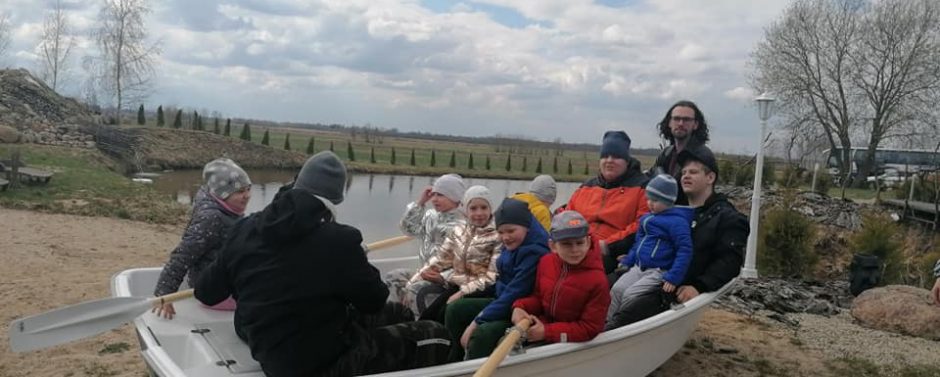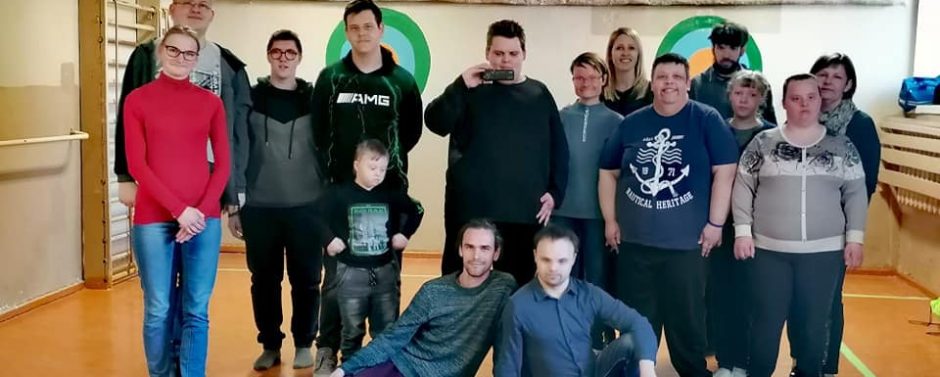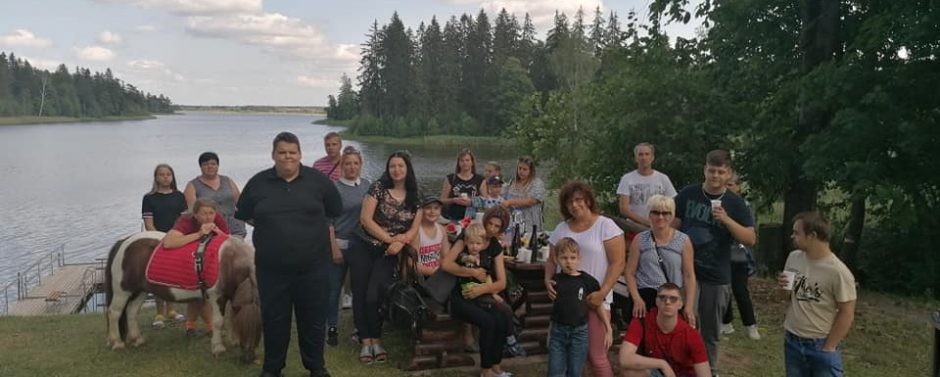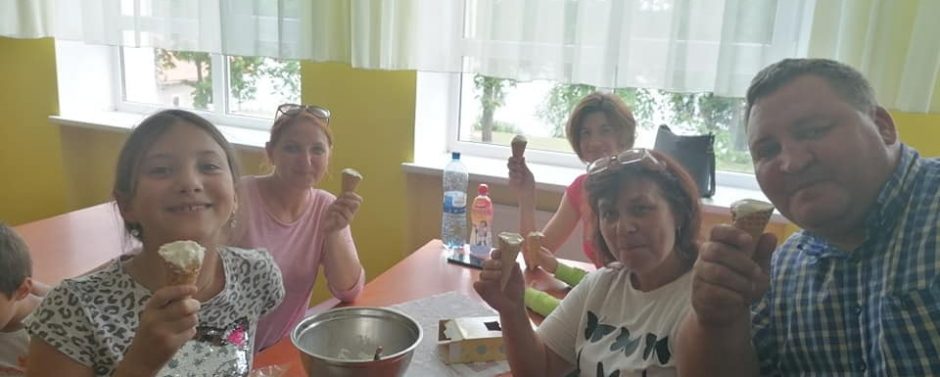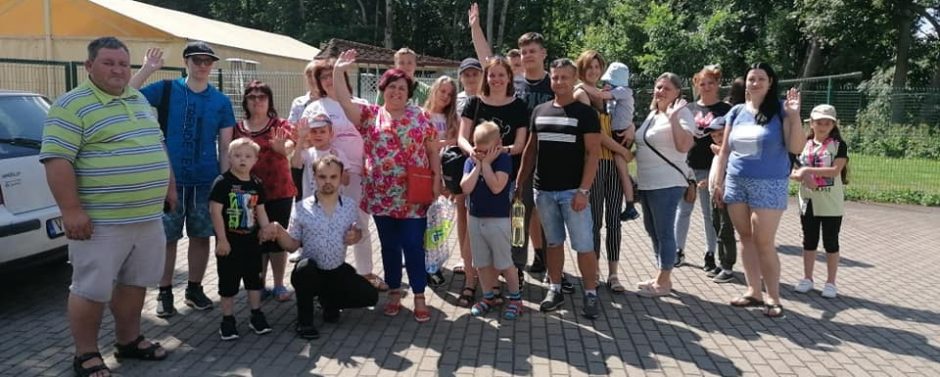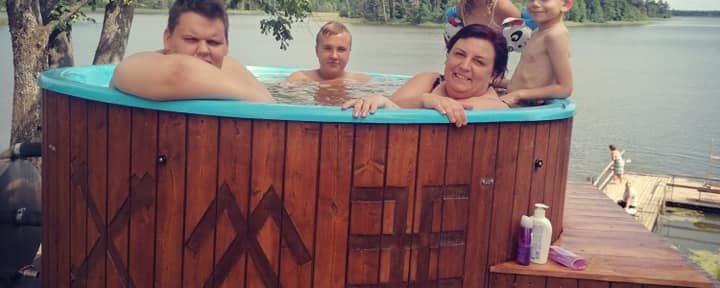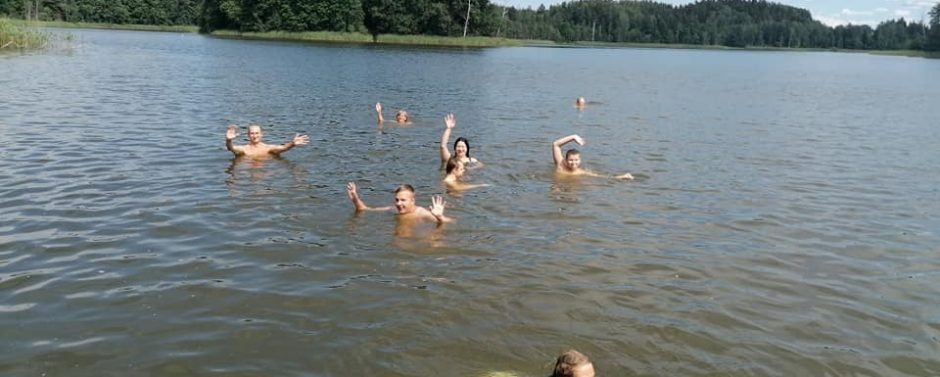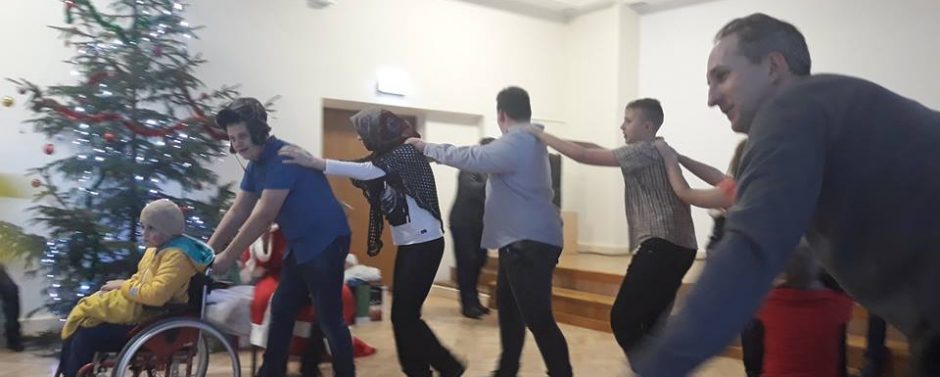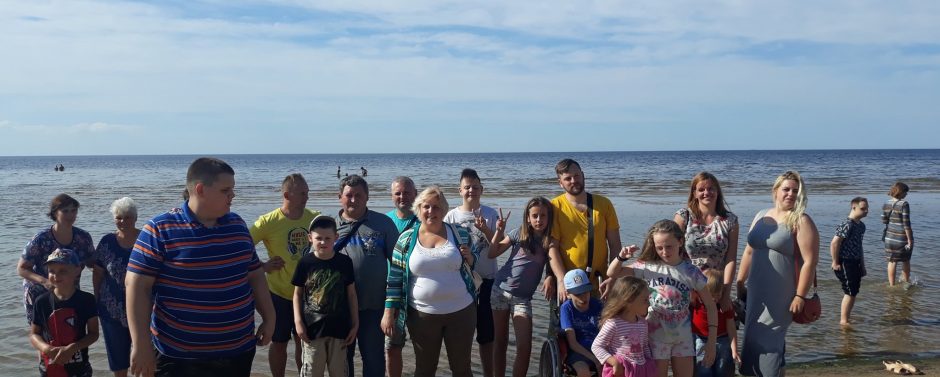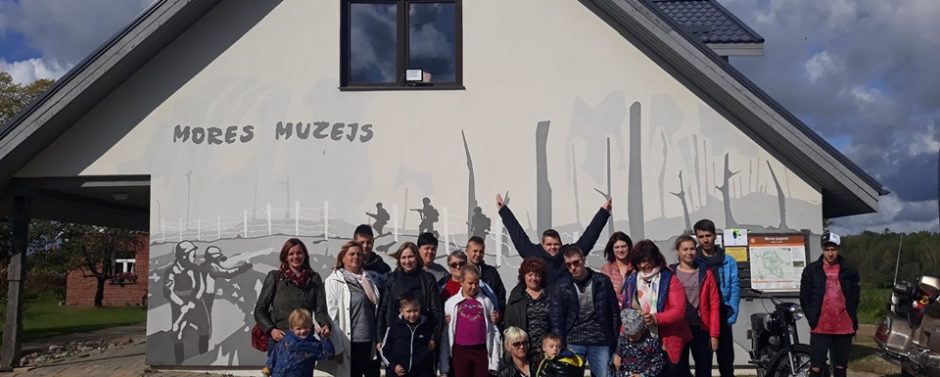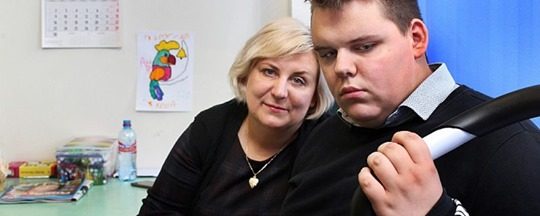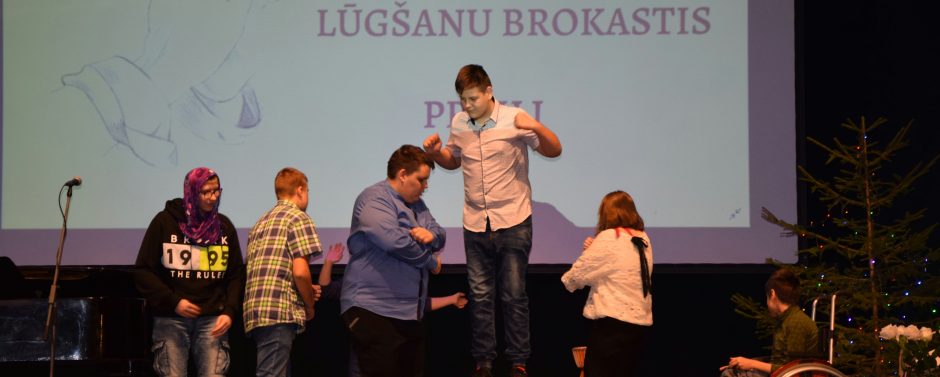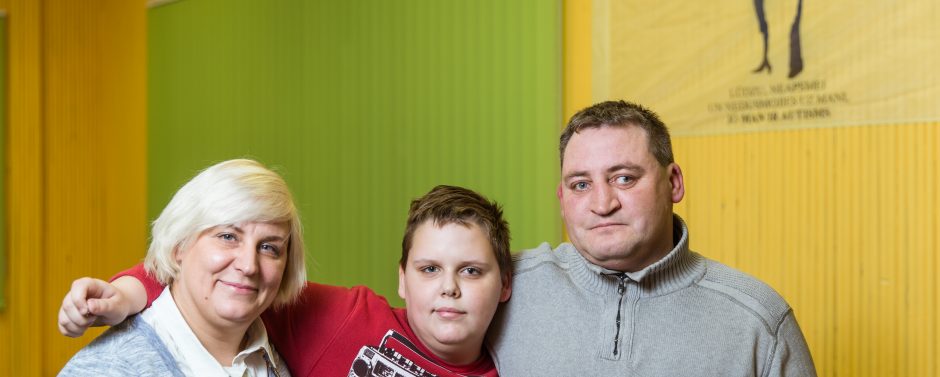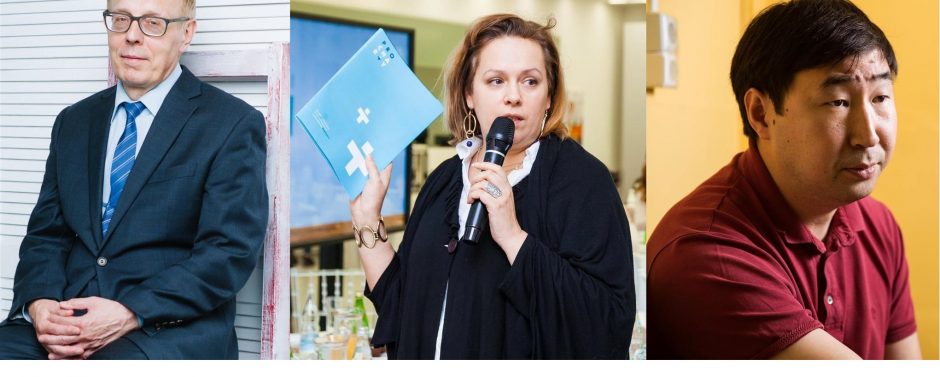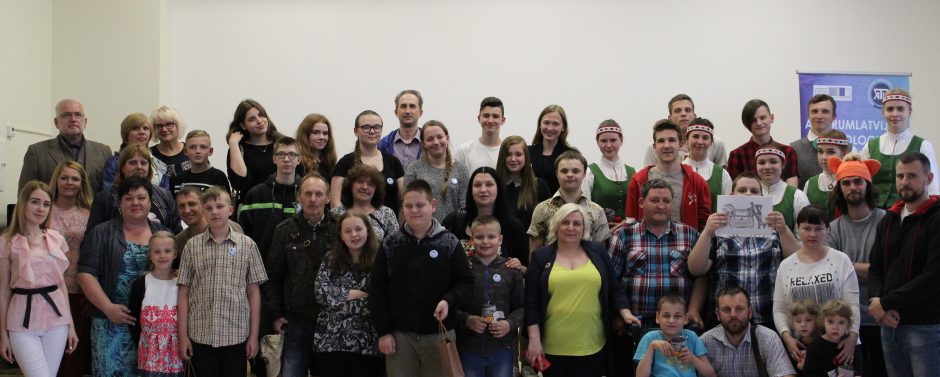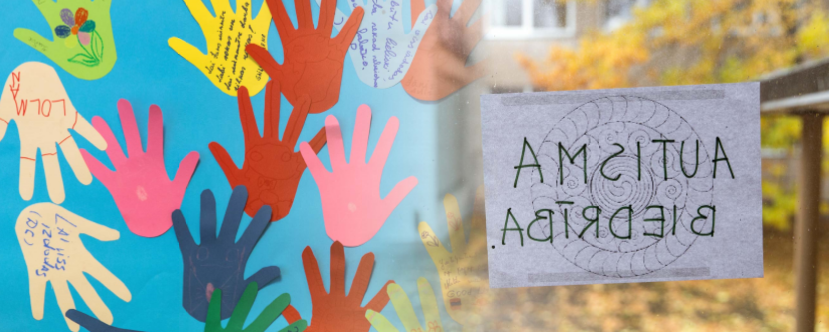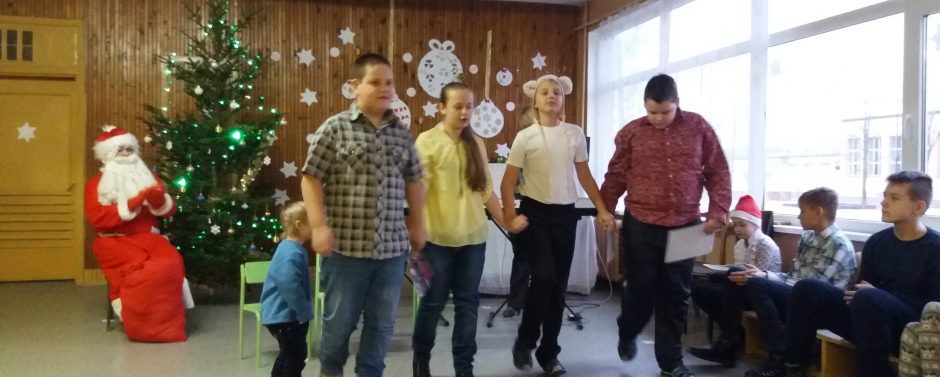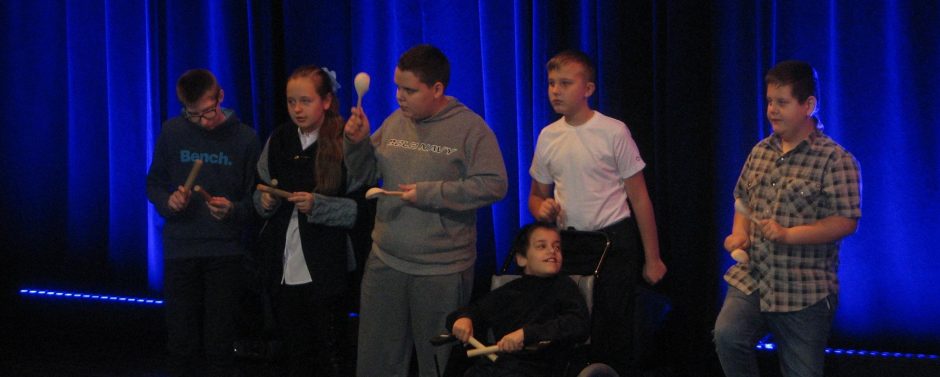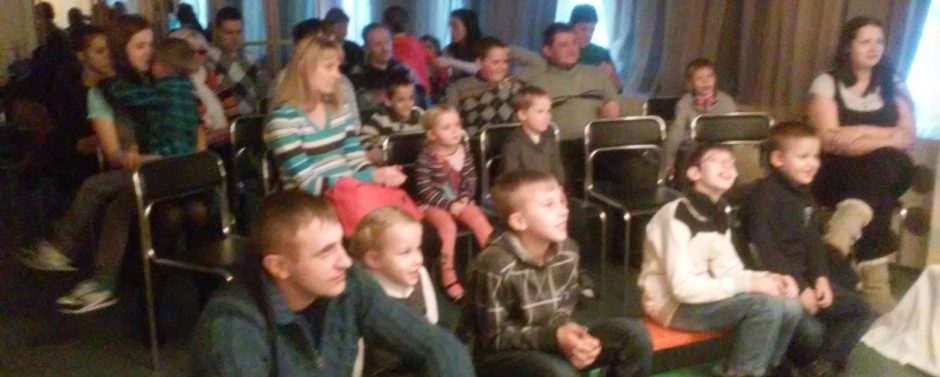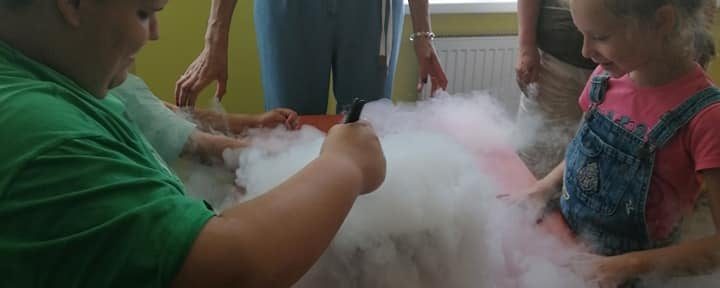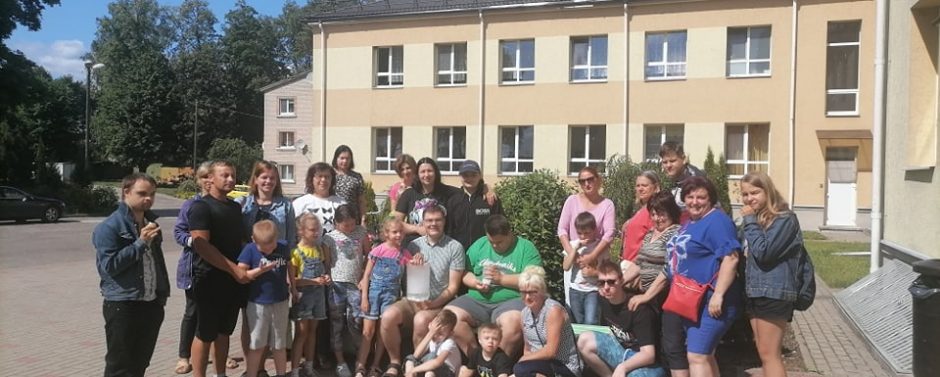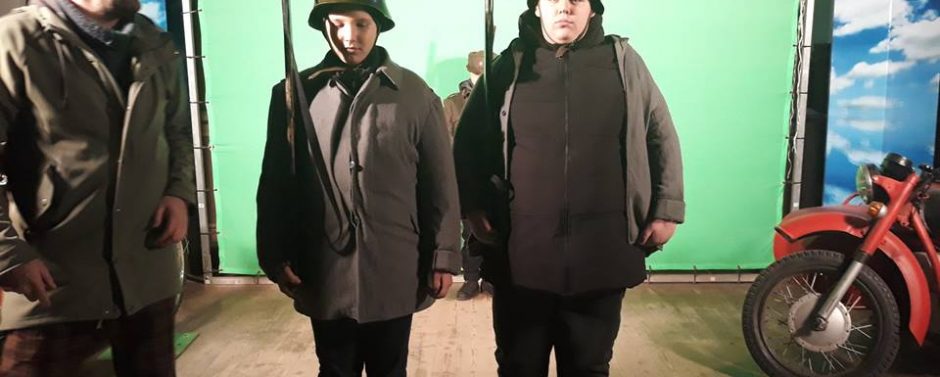People don’t Understand What Autism is
The story of the “Honorary Latvian” about Sandra, Edgars and Markuss, who was the beginning of it
The Society “Autism Support Centre in Rēzekne” has been functioning for seven years. It was founded by Edgars Šilins and Sandra Bičkova-Šilina. They are both nominated for the “Honorary Latvian” award because the Society has helped so many families who have children with the autism spectrum disorder.
The story began with Markuss, the son of Sandra and Edgars. Whenever we meet, Sandra apologises every few moments for his behaviour: the boy doesn’t even try to pretend that he doesn’t like having his picture taken, and openly states that he would rather go home right now. He is not used to this situation, meeting strangers, an interview and having his picture taken, and it makes him uncomfortable.
“People often think he is ill-mannered and spoiled,” says Sandra. “They don’t understand what autism is.”
Markuss is the reason the Society was created: when he was diagnosed, the parents were searching for help so that the boy could develop and become part of society. “We wanted to find some specialists but found that nothing is available at all, complete void,” says Edgars.
“This is why the idea to form a Society was born, to be able to invite experts for consultations. It was clear that no one would come here just for one child, but if there were, say, ten children, a specialist could come for an entire working day.”
When I asked how big the Society has grown in these years, Edgars opened a notebook where all sessions, visits and specialists are recorded. More than 40 families have received help, whereas almost 100 children have come for at least one consultation.
There are more people who would like to attend, however the Society wants to maintain its quality standard – individual sessions only.
“For example, today a special education teacher is coming. She is going to devote 30 minutes to each child from 4 PM to 9 PM. She will manage have managed to work with nine children. The next four will be able to attend only next week,” calculates Edgars.
Various specialists whose help is required for children with autism are very rare and thus are in high demand; for example, an ergotherapist comes for consultations from Līvāni, a speech and language pathologist comes from Vaivari. It is impossible to provide this service every day.
“We have reached the limits of our possibilities. Even superseded them,” estimates Edgars. Thus there is no point in accepting hundreds of members and not being able to give them anything, explains the founder of the Society.
Still, we can’t do without the Society – the state support for families with children with the autism spectrum disorder is insufficient. Both Sandra and Edgars criticise it with one voice: the number of sessions is insufficient, and individual development plans are just a formality.
“All the children are prescribed ergotherapy, canine therapy, dolphin therapy and whatnot, but in reality these therapists are hard to reach or impossible to reach at all,” says Edgars.
“Medical treatment is also concerning,” adds Sandra. “Autistic children have health problems too. Medical committees could be invited, individual rehabilitation plans designed. Then schools could better prepare for accepting such children as well.” Reality only rarely matches expectations.
To a Clinic in Russia
The “Autism Support Centre in Rēzekne” invites not only local but also foreign specialists. Good cooperation has formed with the clinic “PrognozMed” in Saint Petersburg, whose doctor Alexander Munkuyev comes to Latvia on a regular basis.
Children from all over Latvia and even from the neighbouring countries are brought to see him. He examines the little patients and determines who would benefit from a special two-week medical procedure and a therapy course in Saint Petersburg.
“It is a different dimension: the child enters the clinic at 10 in the morning and leaves only in the evening,” tells Edgars. “There are sports, massages, specific medical procedures – bioacoustic correction, logorhythmics, drum therapy… every day. When the child comes home, they are energised, curious, open, ready to learn new skills and perceive information.”
Further success depends on the parents, their readiness and opportunities to continue investing in the child’s development. “Not everyone understands that,” Edgars admits. “There was a case when a child came back from the clinic stimulated and open. The parents were happy, he didn’t speak before, but now he could, he perceived everything that was said, understood and did it! And they sent him to a boarding school. After a week he experienced regress, because there is no individual approach in school.”
Other stories are successful. For example, in a family where twin sisters have been diagnosed with autism, both girls immediately after the treatment in the clinic were provided with an assistant who helps in everyday life. Now the girls are able to get by without the assistant and independently come to classes offered by the Society.
On the one hand, cooperation with the Saint Petersburg clinic is a big benefit for the Society and many families in Latvia: after therapy in the neighbouring country, many children experience a giant leap in their development.
On the other hand, the direction chosen has made it impossible to receive the support of the largest charity in Latvia “Ziedot.lv”, which would probably make fundraising more comfortable and faster (all trips and specialist consultations happen thanks to the support of the benefactors) because the experimental therapy methods used in the clinic are not officially recognised in Europe and the large eastern neighbour is not a preferable cooperation partner.
Edgars Šilins still believes that Markus’s development alone is a testimony that this has been the right way: there was a time when the boy did not speak and was withdrawn; if he didn’t like something, he would scream. Now he can even speak English! “Other parents look at Markuss, and it gives them hope that their children could also have similar progress,” says Sandra. Her accomplishment in the son’s growth is enormous; Sandra has built her entire life around his needs – she is his guidance and support at every step.
Parents can also receive help at the Autism Support Centre – even just to talk and be heard. “If a child is diagnosed with autism, many dads and mums get confused, desperate, they don’t know what to do next,” says Sandra. “We already have experience. We can explain, help them calm down and encourage them.”
Technologies for Development
The children of the Society “Autism Support Centre in Rēzekne” have an opportunity to visit the multisensory room at the Rēzekne Academy of Technologies. In this room, which is similar to a fairy-tale world, the child can find a place they prefer and relax or the opposite, be active.
This is not just leisure time, however, it is a type of therapy, explains the Academy’s lead researcher Aivars Kaupužs: children who need stimulation can be encouraged to be active in this room; whereas those who need to calm down can be purposefully calmed and relaxed.
The Society has made one more step further, and solving the lack of specialists at least to some degree, has sent Aivars Kaupužs for training at the Saint Petersburg clinic where he learned a patented method, which allows favourably stimulating the brain activity of autistic children using a special programme and broadcasting specific sound impulses.
Edgars Šilins has told that they plan to train one more specialist to do this. Who knows, perhaps this is a step towards creating their own clinic. Even though the Šilins family does not speak about such plans out loud, their experience and knowledge, as well as the acute need for specialised help for the children with the autism spectrum disorder, show that there would be no shortage of visitors at such a centre.






